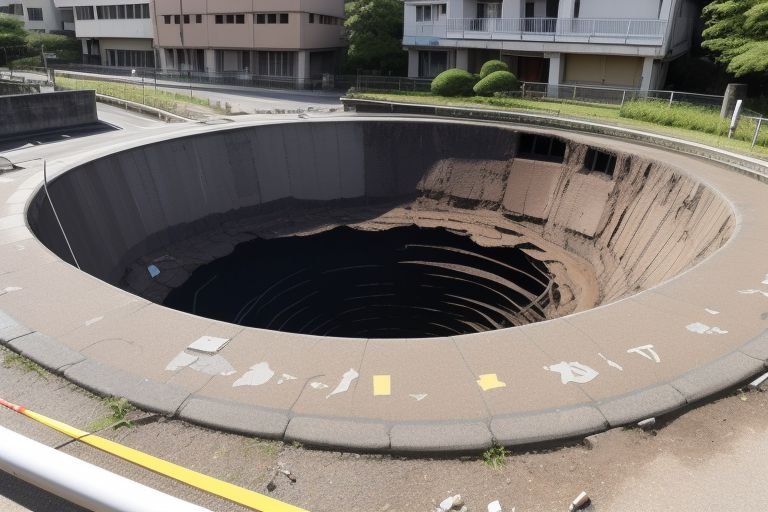Sustainable technology, often termed “green tech,” encompasses innovations aimed at significantly reducing or eliminating the negative environmental impacts of human activities. These technologies play a crucial role in shaping a greener future by addressing critical areas such as energy consumption, waste management, and resource depletion. Here, we explore some of the leading green innovations contributing to a more sustainable planet.
Renewable Energy Technologies
Renewable energy sources, like solar, wind, hydro, and geothermal power, are at the forefront of reducing dependence on fossil fuels. Solar panels and wind turbines have become more efficient and cost-effective, enabling wider adoption. Innovations such as floating solar farms and offshore wind turbines are opening new avenues for harnessing renewable resources without consuming valuable land resources.
Energy Storage Solutions
As renewable energy sources are inherently intermittent, advancements in energy storage are crucial. Lithium-ion batteries are widely used, but emerging technologies like solid-state batteries, flow batteries, and gravity storage offer longer lifespans, higher energy density, and better sustainability profiles. These innovations facilitate a more reliable integration of renewable energy into the grid.
Electric and Hybrid Vehicles
The transportation sector is undergoing a significant transformation with the rise of electric vehicles (EVs) and hybrid models. Innovations in battery technology and charging infrastructure are making EVs more accessible. Moreover, advancements in lightweight materials and energy-efficient designs are improving the performance and range of these vehicles, further reducing their environmental impact.
Sustainable Agriculture Technologies
Sustainable agriculture technologies aim to increase food production efficiency while minimizing environmental damage. Precision agriculture, using drones and IoT sensors, optimizes resource use and crop management. Vertical farming and hydroponics allow for year-round production with less water and no pesticides, even in urban settings, reducing transport emissions and land use.
Circular Economy and Waste Management
Innovations in circular economy practices and waste management are pivotal in reducing waste and promoting resource efficiency. Biodegradable materials and compostable packaging are replacing plastics. Meanwhile, technologies for recycling complex materials, like electronics and batteries, are improving, ensuring valuable resources are recovered and reused, rather than ending up in landfills.
Water Purification and Conservation
Water scarcity is a growing concern, and green innovations in water management are critical. Advanced filtration technologies, such as reverse osmosis and nanofiltration, enable the purification of water with lower energy consumption. Smart irrigation systems and water-efficient appliances help in reducing water wastage, preserving this precious resource.
Green Building Technologies
Green building technologies focus on reducing the environmental footprint of buildings through energy-efficient design, sustainable materials, and integration of renewable energy sources. Innovations like smart windows, green roofs, and energy management systems significantly reduce energy consumption and CO2 emissions of buildings.
The Path Forward
The transition to a greener future is multifaceted, requiring the integration of various sustainable technologies across different sectors of the economy. While significant progress has been made, continuous innovation, coupled with supportive policies and public awareness, is essential to overcome the remaining challenges. As these green technologies evolve and scale, they pave the way for a more sustainable, environmentally friendly world.



